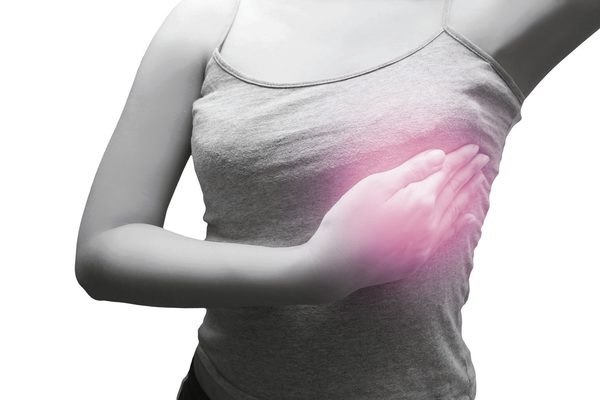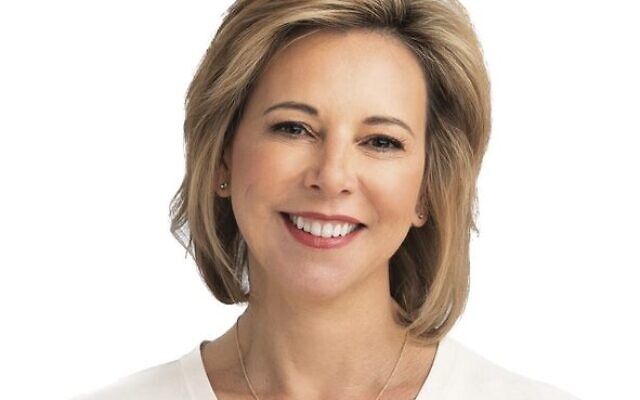Ashkenazi Jewish women urged to donate blood samples
Australian bio-tech company BCAL Diagnostics is currently developing a groundbreaking blood screening test to detect breast cancer.
Australian bio-tech company BCAL Diagnostics is currently developing a groundbreaking blood screening test to detect breast cancer and is urgently calling on Jewish women to come forward to donate blood samples.
Co-founded by executive chair Jayne Shaw, BCAL Diagnostics began development of its screening tool 14 years ago, after it was discovered during research that those affected by breast cancer in any stage of the disease have lipid biomarkers present in their blood.
According to the National Breast Cancer Foundation, breast cancer is the most commonly diagnosed cancer among women in Australia, with around 57 Australians diagnosed every day.
The risk of breast cancer is higher among Ashkenazi women, which is likely due to the high prevalence of BRCA1 and BRCA2 inherited gene mutations in Jewish women of Eastern European descent, according to The Breast Centre at St Vincent’s Private Hospital in Melbourne.
Those with Ashkenazi Jewish heritage have a 1 in 40 chance of carrying a BRCA gene mutation, compared to 1 in 400 in the general population.
“Jewish women have a clinical predisposition to having BRCA gene mutations,” Shaw told The AJN.
“So that’s why one of the key priorities for us is to work with women from across different, high-risk ethnicities. We would love to get as many samples from Jewish women as we can to basically run those samples and build upon our data.”
The donated blood samples will help the company further hone its tool and fortify its accuracy ahead of its release next year to clinicians and their patients as an additional detection tool alongside mammography.
“At the moment, the number-one tool for women under 40 for breast cancer detection is still your hand, which is appalling in this day and age,” Shaw said.
Her inspiration behind developing the test was the loss of a few friends to breast cancer under the age of 40, and she said it’s becoming more common for younger women to be diagnosed.
But while the new blood screening test may well detect breast cancer, Shaw said it’s up to each woman to decide what her next step will be.
“I know of a family where the mother had breast cancer and the aunt had breast cancer,” Shaw said.
“The two daughters have a genetic predisposition to breast cancer. One of the daughters decided at 24 to have a radical mastectomy and the other daughter, who was 22 decided not to, and she was the one that has actually developed breast cancer.
“So it’s really personal for each woman.”
You can register your interest to donate a blood sample online at
www.bcaldiagnostics.com.

Photo: Dreamstime


comments